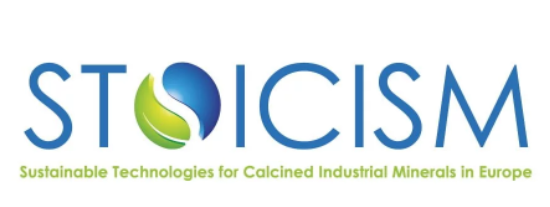STOICISM
Advanced technology for mineral processing
An EU-funded project that has developed clean, energy-efficient extraction and processing technologies for calcined industrial minerals.
Industrial minerals are irreplaceable in many everyday products. Around 180 million tonnes per year are extracted within the EU to supply a range of industries. For certain minerals, Europe is a major global producer, and to maintain the mining, mineral and manufacturing industries, a secure supply of sustainable mineral products is essential.
Funded by the EU, the STOICISM (Sustainable Technologies for Calcined Industrial Minerals in Europe) project demonstrated a range of new innovative technologies for processing industrial minerals. Project developments covered the whole spectrum of industrial mineral processing, from extraction and waste valorisation to functionality optimisation for end users. This included developments in extraction, beneficiation, drying, calcining and waste recycling.
Researchers developed advanced techniques for in-pit characterisation to improve mining efficiency and downstream processing. Careful in-pit monitoring of a china clay pit in Cornwall carried out using 3D laser scanning and photogrammetry techniques provided further insight into the geotechnical properties of pit slopes.
For removing contaminants from the critical raw materials (CRMs), researchers applied advanced electrostatic separation processes and selective flocculation. In particular, they further investigated the dry (tribo-electrostatic) and wet (selective flocculation and high-intensity flotation) methods for separating calcium carbonate from diatomaceous earth and kaolin waste streams. In addition, the project team developed a combination rotary kiln that uses both radiant heat and microwave heating to process a variety of materials including kaolin, diatomaceous earth and perlite.
Other project achievements were the development of prototype equipment for recycling and the development of new lightweight materials from kaolinitic waste.
STOICISM outcomes are expected to impact significantly on the sustainability of the EU’s industrial minerals industry by decreasing the use of natural resources (both mineral deposits and energy resources), leading to the sustainable production of better and purer products.
